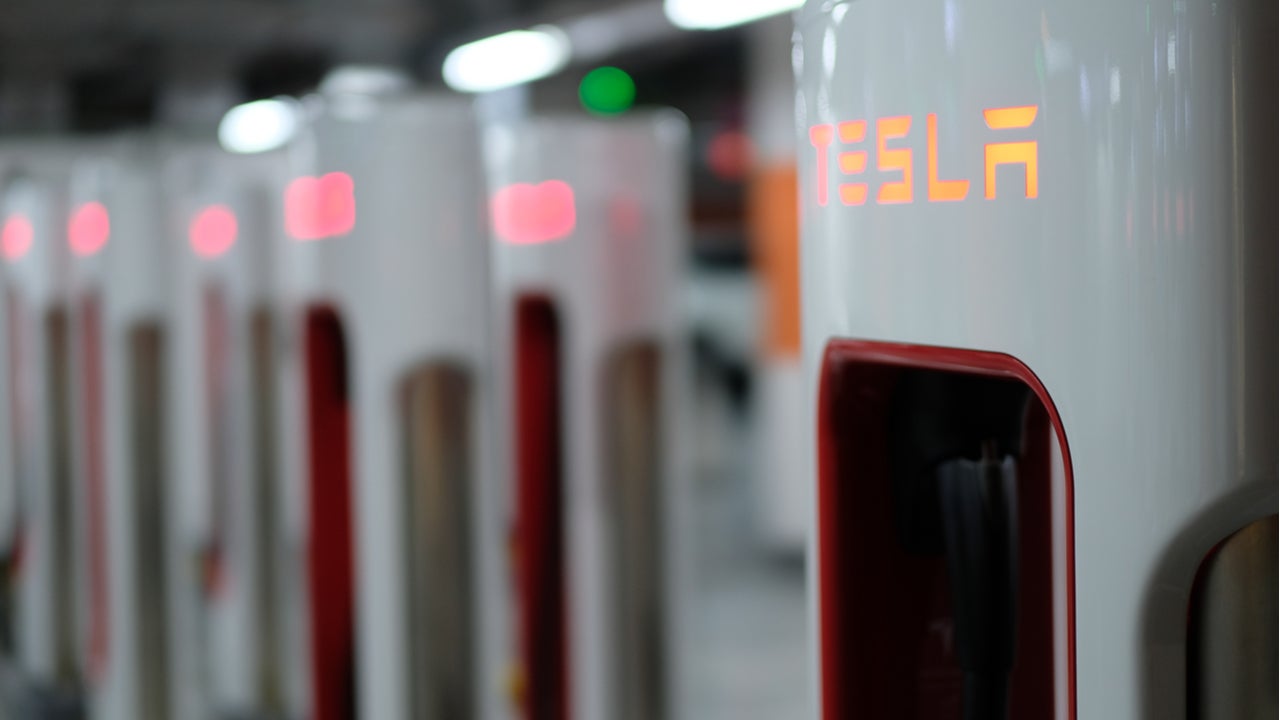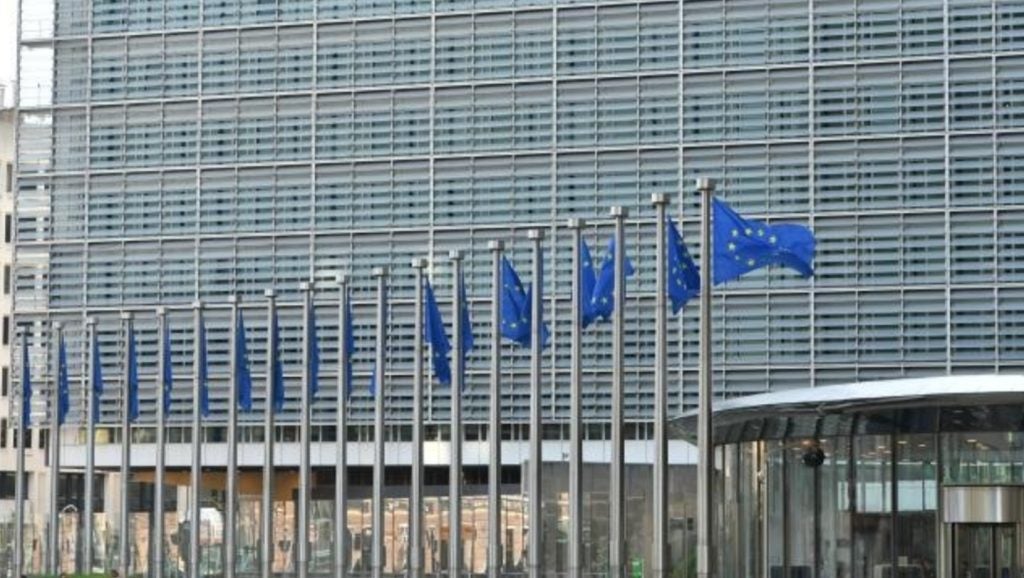
Tesla has said that all user data generated from its electric vehicles (EVs) sold in China would be stored in a new data centre in Shanghai. On Tuesday, the carmaker announced in a post on Chinese social media platform Weibo:
“We have established a data centre in China to localise data storage and will continue to add more local data centres. All data generated from the sales of vehicles in the Chinese mainland market will be stored in China.”
The move by the US EV manufacturer falls in line with recent proposals published by the Cyberspace Administration of China (CAC), the country’s central internet regulator, which would impose stricter regulations on car companies concerning customer data collection.
One of the points proposed by the CAC was that all data collected on Chinese citizens must be stored in China in accordance with Chinese law.
After the draft bill was released this month, Tesla quickly took to social media to applaud the CAC’s announcement. “We support and respond to the development of the industry to move further towards standardisation and jointly promote technological innovation,” the company wrote.
In recent times, Tesla has been under both government and public scrutiny in China. In March, Chinese authorities restricted the use of Tesla cars by military personnel and the staff of some state-owned companies, the Wall Street Journal reported. The restriction came amid concerns that the car’s cameras could be sending information about the government back to the US.

US Tariffs are shifting - will you react or anticipate?
Don’t let policy changes catch you off guard. Stay proactive with real-time data and expert analysis.
By GlobalDataThe EV maker also suffered a wave of social backlash from Chinese citizens after a woman claimed in April that the brakes in her Tesla malfunctioned, causing the car to crash. Tesla denied the allegations and insisted that the woman was speeding. Last month was also bad for Tesla revenue, with the company seeing a 28% decline in the world’s largest car market.
According to GlobalData’s thematic analysis, Tesla is one of the market leaders for connected cars. Simultaneously, China is a booming car market where consumers have a big appetite for smart vehicles, making it an important target market for Tesla.
In 2019, Elon Musk’s company was granted rare permission to build a wholly-owned factory in Shanghai that has allowed it to accelerate to the head of the pack in the Chinese market.
However, it faces fierce competition from other brands, especially now that China is increasing its efforts to bolster up its domestic smart vehicle industry.
The welcoming attitude from Tesla towards Chinese regulations is arguably an attempt by the US carmaker to regain the favour of Chinese authorities and consumers.
“Car data security is very important. We firmly believe that unified and standardised management will be more conducive to the orderly and long-term development of smart cars,” the company said in its latest social media update. “Tesla will make every effort to implement car data security management and ensure data security,” it added.







